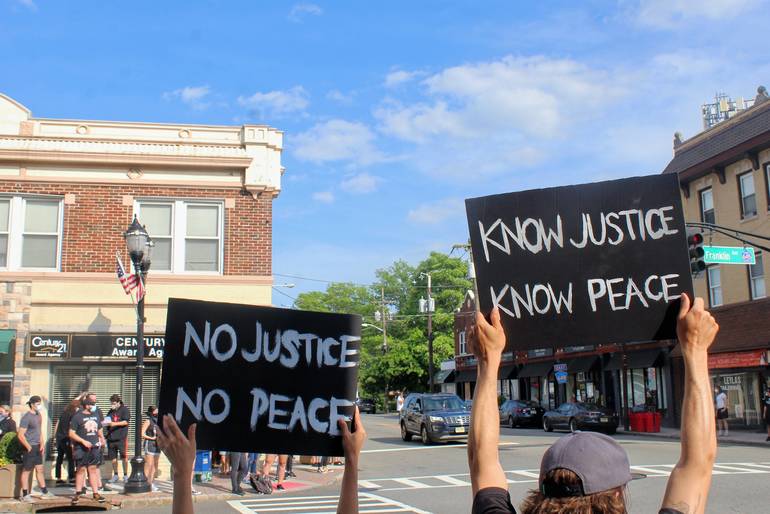Just over a month ago our family made a church switch. After 14 years of membership and service at Bethel Grove Bible Church, we decided to transition over to Christ Chapel. We deliberated and prayed a lot about the decision, and it wasn’t easy. We talked with friends and family and fellow Christian leaders. Changing churches isn’t something that should be done hastily or without thought. This is my second post writing about our move.
The Covid pandemic was disruptive in a million different ways, and our church experienced some serious changes over the past couple of years. In addition to the regular complexities we lost all three of our pastors. First our head pastor Eric resigned, followed a week later by our associate pastor Santosh and then a few months later our youth pastor Jeff and his family moved to California to take a job. How and why each of those pastors left is significant, and maybe I’ll address some of that later, but my main point is that Bethel Grove got rocked! At the risk of being sensational, imagine a city getting hit with a Hurricane, followed by a tornado and then a forest fire. It’s not that there was nothing left, but especially coming through Covid, everything was ravaged.
By God’s grace, we certainly continued to have worship services, people still experienced fellowship and God continued to work in and through his people. But the disruption provoked serious reflection and evaluation. In the same way that the chaos of the pandemic propelled some people to change jobs, or changed the city they lived in, it seemed natural to at least ponder: should we consider switching churches?
At some level, things were in such a state of disrepair, it really felt like BG was gonna have to ‘start over.’ And that’s not a bad thing all the way -we’ve used the word ‘restart’ with our ministry on campus since we came back from the year of virtual classes and meetings etc. But From that vantage point we spent time reconsidering some of the basic questions that everyone should ask when choosing a church to be a part of.
Is this church theologically right on? Of course we want to be a part of a church where the good news features prominently and where there is clear and orthodox conviction about the major tenets of the Christian faith. But beyond some of the primary issues, is this church headed in the right direction doctrinally? Are they informed and guided by God’s Word?
Do we agree with the way this church conducts its worship services and practices ordinances like baptism and communion? Are the norms and the “liturgy” informed by a right understanding of God and the gospel. What’s the style of preaching and musical praise?
Do we like the way this church is organized? Is the style of church government helpful? How are elders and deacons chosen and what do they do?
Who are the leaders of this church? Are these people we feel confident following after?
Does this church have a missionary spirit and an obvious passion to reach the world with the gospel? Is this church set up to make an impact on the local community?
Is this a church where our whole family can be built up and discipled? Is this a place for men and fathers? Is this a place that disciples and cares for its women? How about the children and youth?
What is the community like at this church? Is there diversity within the congregation? Is this place welcoming and invitational?
Beyond this, when choosing a church I think it makes sense to consider relational connections. You want a church where there is potential to make friends, share life with people and experience meaningful community.
I think there are good reasons to evaluate a church's reputation in the community, and discern what kind of relationship a church has with the other gospel preaching churches in the area?
While “vision statements” can be over emphasized in a church, I think it’s important for a church to have a solid sense of direction and calling. Again, hopefully this is informed by God’s word and not simply cultural trends or popular ideas. Beyond this you want to try and discern whether it's just talk or if the church is 'moving forward' in any recognizable way.
And for us, because we are in full time campus ministry, we want to evaluate how aligned and passionate a church is about reaching college students.
For most of our time here Bethel Grove was the church that we felt was a “good fit.” Of course no church is perfect and BG is no different, but on the whole it has been our place of worship and fellowship. Over the years we considered going over to Calvary Chapel because we have such a close working relationship with Pastor Scott and his wife Joanie. Pastor Scott is like a co-laborer with us in many ways, and over the years we have done a lot of ministry together -and we have many students who attend Calvary.
But evaluating in this season of transition, we felt that Christ Chapel is more aligned with where we are and where we want to go. One big thing that served to “tip the scales” is the presence of Ben Hutton as pastor. Ben is both our friend and teammate. He’s on the pastoral staff at Christ Chapel, but he is also part of our staff team as volunteer staff. Ben was a student leader here when we showed up in 2008 and he and his wife Hannah have been a huge part of this ministry the whole time we’ve been here! They were out in Philly for a few years while Ben went to Seminary, but ever since they came back they've been at Christ Chapel. In light of our shared ministry it makes a lot of sense for us to be plugged in there. The challenges of campus ministry and reaching the university seem to be increasing and as we navigate the changing landscape, it seems wise to work from the same base camp.










